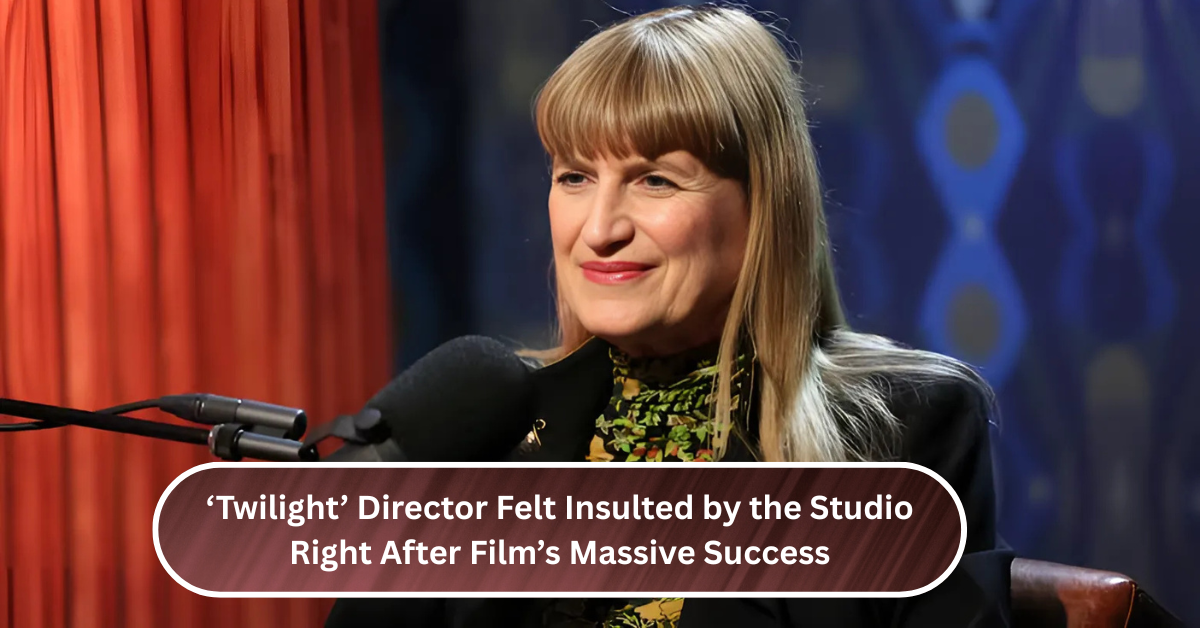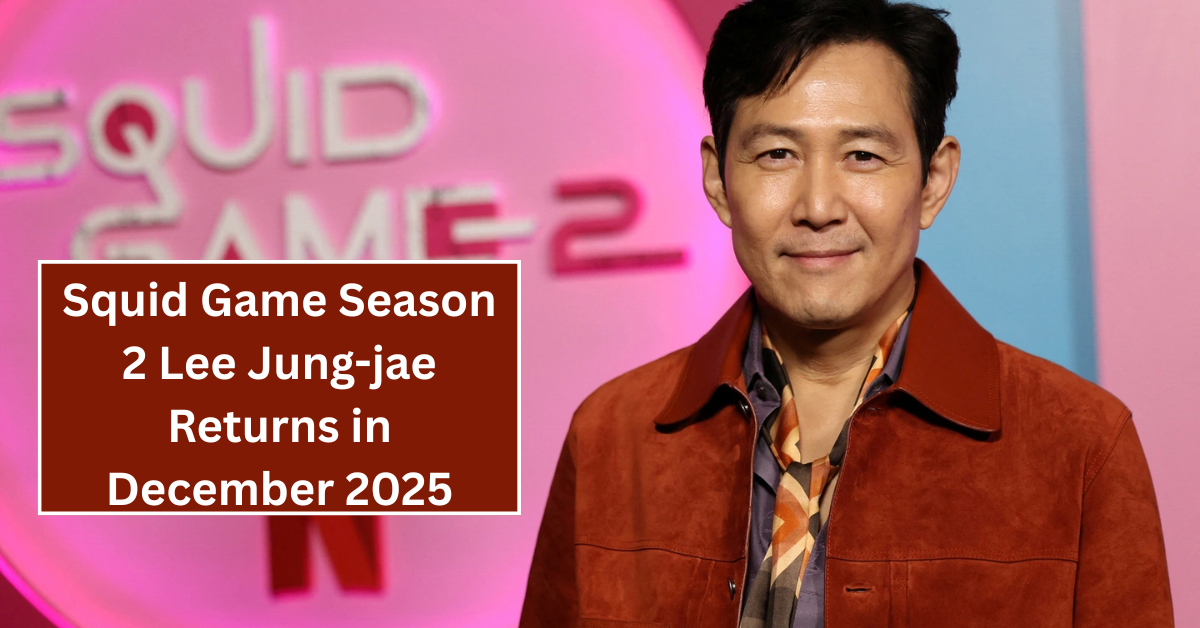When Twilight hit theatres in 2008, it wasn’t just a film—it was a global pop culture moment. Based on Stephenie Meyer’s best-selling novel, the movie brought in more than $400 million worldwide and launched the careers of its stars, Kristen Stewart and Robert Pattinson. But according to director Catherine Hardwicke, the success wasn’t enough to win her the studio’s respect—or even a proper seat at the table for future films.
In a recent interview, Hardwicke opened up about what happened behind the scenes after the film’s unexpected success. And what she revealed has left many fans and film lovers shocked.
Studio’s Cold Shoulder After a Record-Breaking Debut
This Article Includes
Despite Twilight being a breakout hit—especially for a female-led romantic fantasy—the studio’s attitude toward Hardwicke shifted in a surprising and disappointing way. Instead of celebrating her directorial achievement, the studio, Summit Entertainment, reportedly offered her what she called a “paltry” deal to return for the sequel, New Moon.
She was offered significantly less money and less creative freedom. It felt like an insult, she said, especially given how much work she had put into shaping the film’s visual style, casting, and emotional tone.
Hardwicke mentioned, “They told me that any other director could’ve done what I did. That was their excuse for offering me a weak deal.” She added that it felt like a complete dismissal of her effort and vision.
Success Didn’t Equal Respect
This kind of treatment isn’t unusual in Hollywood, especially for women directors. But it’s still frustrating to hear it confirmed in such a high-profile case. Hardwicke’s direction played a crucial role in defining the tone of Twilight—from the blue-tinted cinematography to the soundtrack and overall mood that resonated with teen audiences around the world.
Yet, despite that contribution, the studio seemed eager to move on without her.
Even more frustrating, she said, was how the offer came with intense restrictions. Not only would she have less pay, but also less control over the film’s direction—something she wasn’t comfortable with. “They were basically saying, ‘We don’t value your creative input,’” she explained.
Turning Down the Sequel
Eventually, Hardwicke turned down the offer to direct New Moon, not because she didn’t love the project or the fans, but because the conditions made it impossible for her to do the job the way she felt it should be done. She wanted to maintain artistic integrity, even if it meant stepping away from a franchise she helped build.

Chris Weitz ended up directing the second film, and the series continued to be a commercial success. But fans often debate whether the tone and emotion of the later films matched the raw and moody feel of the original.
Hardwicke’s experience shines a light on how directors, especially women, can be undervalued even after delivering huge results. It also highlights how studio decisions are not always about talent or success—but about control and money.
Hollywood’s Gender Gap Still in Focus
What happened to Hardwicke isn’t an isolated case. In recent years, more women in Hollywood have spoken up about being treated as “replaceable” despite proving themselves. Directors like Patty Jenkins (Wonder Woman) and Ava DuVernay (Selma) have also spoken about how they had to fight for fair deals and creative control even after their films earned critical and commercial success.
Hardwicke said, “It wasn’t just about me. It was about how they saw women in this business. As if we should just be grateful to be allowed in.”
Her story brings forward an important discussion—how much more effort women have to put in to get the same recognition, and how they often get overlooked even when they deliver big wins.
Fans Still Stand by Her
More than a decade later, Twilight still has a huge fan base, and many fans now have a new level of appreciation for Hardwicke’s role in shaping the saga. On social media, after her comments came out, many fans expressed disappointment with the studio but also thanked her for the film’s original charm and emotional connection.
Some even said they wish she had directed the entire series because the first film felt the most “real” and heartfelt. “She understood the teenage awkwardness, the passion, the tension,” wrote one fan. “The other films lost that.”






